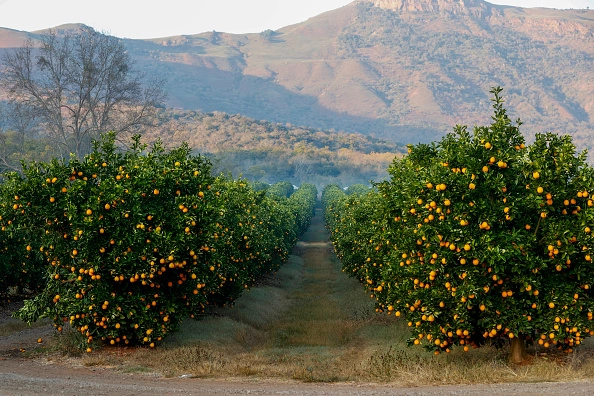As South Africa’s citrus growers emerged from the annus horribilis that was 2022, and the tides began to turn, the elevated risk of more stringent cold treatment regulations implemented by the European Union (EU), has brought some new challenges for the sector in 2023.
In its report tracking trends in South Africa’s agricultural sector, Absa Agribusiness has raised concern that the sector increasingly runs the risk of losing access to lucrative export markets, boding badly for the citrus industry’s R30 billion export revenue.
“Over the last year, we’ve seen markets being affected by increased protocols, hampering oranges and export revenue … we have similar concerns about citrus black spot (disease),” Marlene Louw, senior agricultural economist at Absa said.
She added that with fertiliser and chemical costs having risen significantly over the past year, farmers’ spraying programmes may be compromised, increasing the likelihood of a higher prevalence of citrus black spot, which will affect long-term access to the European market.
The industry suffered a blow last year, when the EU’s Standing Committee on Plants, Animals, Food and Feed voted in a new requirement which forces southern African countries, including South Africa, to implement extreme cold treatment to tackle false codling moth (FCM).
If EU authorities continue to enforce the cold-treatment laws, South Africa’s citrus industry looks to incur hundreds of millions of rand in additional costs.
“Since the start of 2023, an intensified protocol has commenced. This will require oranges to be loaded at a core temperature of 2°C and shipped and stored at this temperature for 20 days, Absa said.
Even without South Africa’s energy supply crisis, adhering to the required cooling protocols would still be difficult with the current cooling infrastructure, Absa added.
This would create significant downside risk for producers’ returns during the coming citrus season, the report states.
The report also noted that global geopolitical factors are putting South Africa at risk of losing essential markets, citing the country’s recent military exercises with Russia earlier this year, adding that South Africa’s ties with Russia pose a threat to the country’s relationship with the US.
“With the African Growth and Opportunity Act (Agoa), set to expire in 2025, strained relations between the two countries could have an effect on preferential market access of products such as citrus from South Africa when a new round of Agoa is negotiated,” said the report.
Other commodities such as table grapes and nuts, which have been gaining traction in the US, are also at risk, as all export could potentially be affected by a change in trade requirements, Louw said.
Despite these risks, it is not all doom and gloom, with some reprieve emerging, including decreasing shipping and reefer costs, as well as easing diesel and fertiliser prices.
“Our view is that the 2023 and 2024 seasons will likely be the turning point where consolidation and a decrease in shipping costs lead to improved export margins,” Absa Agribusiness said.


